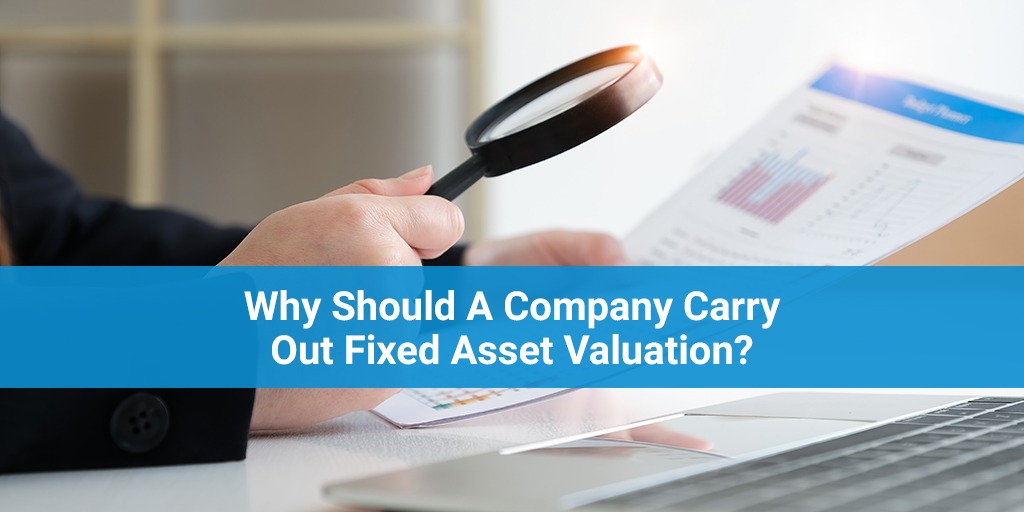The global goal of the accounting policy of any enterprise, regardless of the form of ownership and structural subordination, is to provide an opportunity for the management of the enterprise and its owners to objectively assess the assets and liabilities of the enterprise.

Fixed assets occupy a prominent (usually the most important) place in the structure of assets of any enterprise. It is the correct management of the assets of this “family” that has a decisive influence on the efficiency of the entire enterprise and, which is very important, on the competitiveness of the products manufactured by such an enterprise.
What if you are in a situation where you have to sell fixed assets? Whether it’s because the age of the fixed assets has expired, or the fixed assets have experienced damage that was never anticipated before. One of the fixed asset management tips that you can do is to do a revaluation. In this article, we will provide you with some details about fixed asset revaluation with its benefits. (Read More: Why Should A Company Carry Out Fixed Asset Valuation?)
Revaluation is a form of adjustment created so that the value of your fixed assets can match the fair value or current market value. The first time you buy a fixed asset, the recording of the value of your fixed asset will of course always be under its acquisition price. However, these fixed assets will certainly change from time to time if viewed from the market value.
By revaluing, the value of your fixed assets will be updated according to the current market value of fixed assets. The manager only has to decide whether the value of the fixed assets will be recorded in accordance with the revaluation results or remain at historical cost in accordance with the initial acquisition price.
The revaluation model will allow the value of your fixed assets to increase or decrease. But if it is assessed in terms of the cost model, then revaluation is only possible when the value of your fixed assets decreases and will then be inputted into adjustments in the impairment losses account.
What Assets Can Be Revalued?
It should be underlined that not all assets of a company can be revalued. Assets that can be revalued are tangible fixed assets that exist in physical form. These assets must also be owned and used to obtain, collect, and maintain income which is a tax object, such as property assets.
Property such as buildings is one of the tangible fixed assets whose existence is located in certain areas. Thus, asset revaluation can be carried out based on the market value or fair value of the property.
The revaluation of the company’s fixed assets must also be carried out based on the market value or fair value that is currently in effect when the revaluation is carried out. This assessment can only be carried out by an expert company such as CAC which has experience in the valuation of fixed assets.
It is recommended that this asset revaluation be carried out regularly so that the written asset value does not differ much from the current market value. If the assets owned are types of assets whose value does not change significantly quickly, then the revaluation of these fixed assets can be carried out every three to five years. However, if the asset continues to experience significant price changes, it is advisable to evaluate the asset every year with the help of the fixed asset valuation services of CAC.
